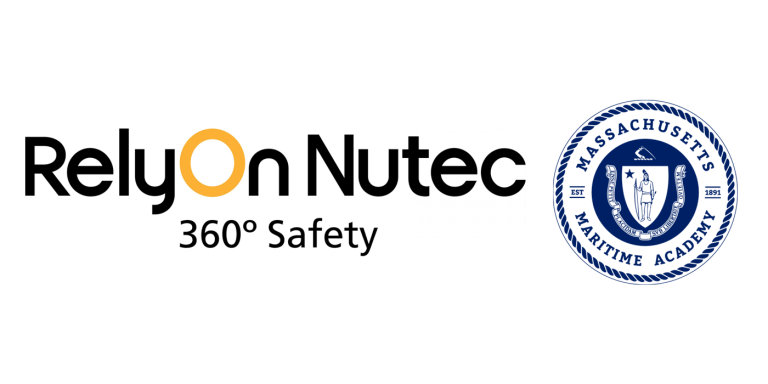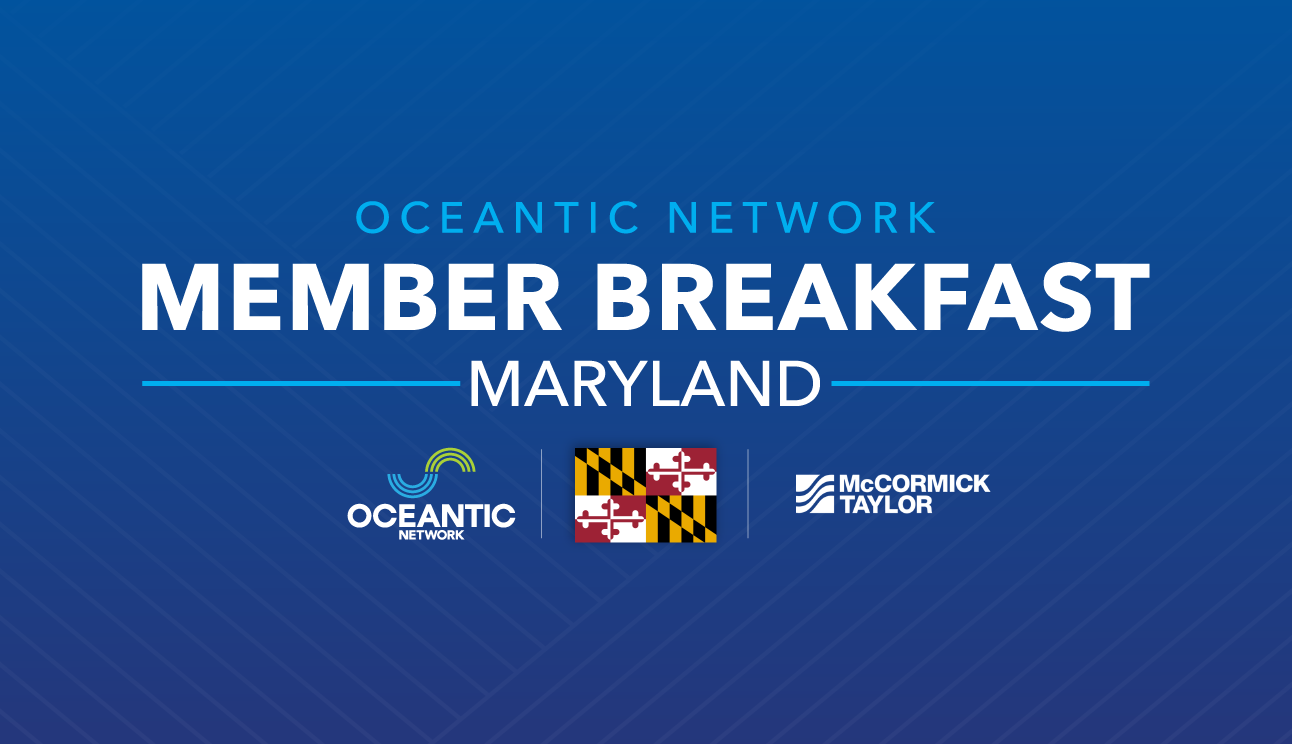

Today’s education and training systems are not keeping up with the current demands for skills, let alone new demands the near future will bring. For years, and even more so in a post-pandemic environment, eLearning has been a tool for companies that need an efficient way to educate or maintain compliance and competence for their workforce. However, traditional eLearning in isolation is not maximizing the true potential of learning via a digital platform. Adaptive Learning s a technology-based approach to learning that can close this gap.
Adaptive learning combines theories of optimal learning with the capabilities of algorithms and computers. The study material simply adapts to the learner, ensuring that time is spent on the subjects that need the most attention. This significantly boosts the efficiency of the overall learning process. At the same time, the process reveals blind spots, perhaps unknown even to the learner, that are critical to address, i.e., safety and response procedures.
Since adoption at Massachusetts Maritime Academy in June 2021, this approach has been proven to reduce time to mastery up to 50%. This time savings increases once refreshers are considered, occurring on a two-year cycle per Global Wind Organisation (GWO) standards. The adaptive learning platform not only decreases time spent on theoretical training, but it also highlights knowledge gaps and memory decay by collecting in-depth data on each delegate’s actual knowledge compared to their perceived knowledge. Having such insights about the workforce can be crucial for situations where safety is critical. Moreover, in the practical part of the training, instructors have access to the detailed learner data, and can therefore adjust the delivery based on the most challenging learning objectives for the specific group.




